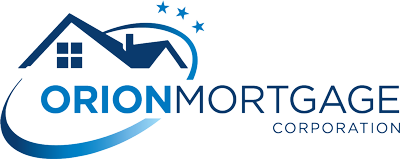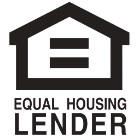Over our years helping clients find the mortgage loans that best meet their personal and financial needs, we’ve encountered a few questions that most people ask when beginning the preapproval process.
Here are some of the most common questions, and our answers.Ready to start the mortgage loan process or have a question that isn’t listed here? Contact us today!
Generally speaking, you can purchase a home with a value of two or three times your annual household income. However, the amount that you can borrow can also depend upon your employment history, credit history, current savings and debts, and the amount of down payment you are willing to make. It’s also possible that you can take advantage of special loan programs for first time buyers to purchase a home with a higher value.
There are advantages and disadvantages to each type of mortgage. With a fixed-rate mortgage, the interest rate stays the same during the life of the loan. With an adjustable-rate mortgage (ARM), the interest changes periodically, typically in relation to an index. While the monthly payments that you make with a fixed-rate mortgage are relatively stable, payments on an ARM loan will likely change.
An index is an economic indicator that lenders use to set the interest rate for an ARM. Generally the interest rate that you pay is a combination of the index rate and a pre-specified margin. Three commonly used indices are the One-Year Treasury Bill, the Cost of Funds of the 11th District Federal Home Loan Bank (COFI), and the London InterBank Offering Rate (LIBOR).
There’s no simple formula to determine the type of mortgage that is best for you. The choice depends on a number of factors, including your current financial picture and how long you intend to keep your house.
For most homeowners, the monthly mortgage payments include three separate parts:
- Principal: Repayment on the amount borrowed
- Interest: Payment to the lender for the amount borrowed
- Taxes & Insurance: Monthly payments are normally made into a special escrow account for items like hazard insurance and property taxes. This feature is sometimes optional, in which case the fees will be paid by you directly to the County Tax Assessor and property insurance company.
The amount of cash that is necessary depends on a number of items. Generally speaking, you’ll need to supply:
- Earnest Money: The deposit that is supplied when you make an offer on the house
- Down Payment: A percentage of the cost of the home that is due at settlement
Closing Costs: Costs associated with processing paperwork to purchase or refinance a house
Ready to start the mortgage loan process or have a question that isn’t listed here? Contact us today!


